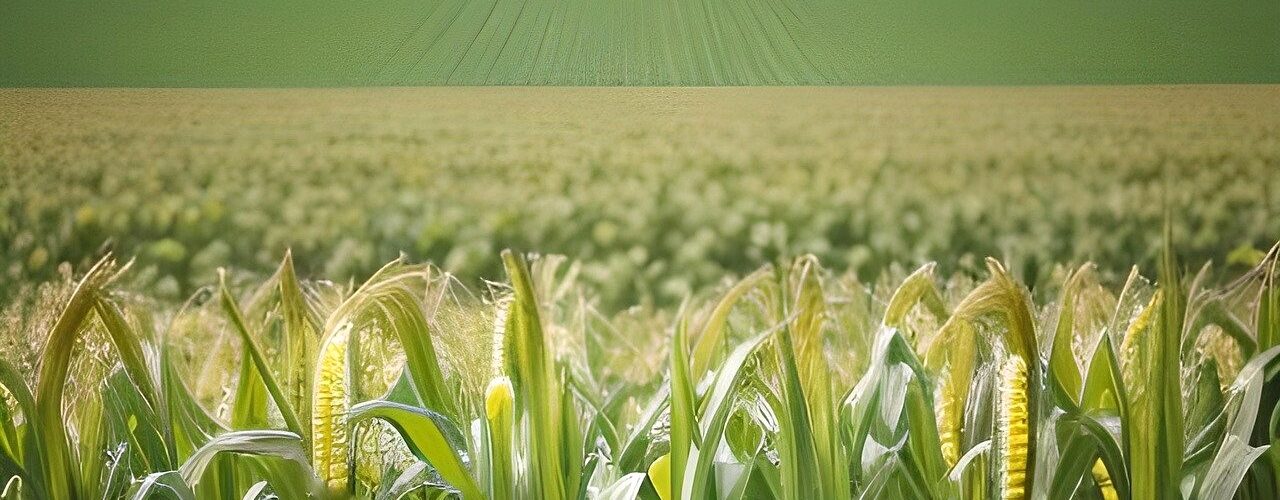Organic farming, Adavantages of Organic farming
Oraginc Farming
Organic farming methods are essentially those dependent on ecological processes, biodiversity, and cycles adapted to local conditions. These exclude synthetic chemicals, GMOs, and instead emphasize maintaining soil health, ecosystems, and human well-being. Some of the organic farming methods include crop rotation, green manure, composting, and biological pest control, and these are all the advantages of organic farming.
Advantages of Organic Farming
Healthier Soil: Crop rotation, composting, and green manuring improve the soil’s fertility. Healthy soil is full of life, from bacteria and fungi to earthworms, all of which are detail-oriented about breaking up organic material and making it accessible for plants to use.
Environmental Sustainability: By eschewing synthetic pesticides and fertilizers, organic farming reduces pollution and conserves water. It offers a better diversity of ecosystem and promotes health in plants and animals. This is often referred to as eco-farming.
Healthier food: anonymous studies suggest that organic resulting in the lower amount of pesticides & heavy metals that are mostly enjoyed by sometime have more nutrients advantages like antioxidants content as well, so you’re probably to local dairy or organic food around me as soon farmers and markets who are practicing these just around the corner from one.”
Biodiversity: Although organic farms boast greater biodiversity, which provides numerous crops and wildlife habitats, this does have a role in promoting resilience for biodynamic farming. This a subset grasslands used feed livestock explains that within step further out by creating astrological sowing planting calendars, biologically and organically better.
Challenges and Misconceptions in Organic Farming
While organic farming has numerous benefits, it’s not without challenges. Critics argue that organic farming can lead to lower yields compared to conventional methods. This can make organic products more expensive. However, supporters argue that the long-term benefits to health and the environment outweigh these costs
While organic farming has numerous benefits, it’s not without challenges. Critics argue that organic farming can lead to lower yields compared to conventional methods. This can make organic products more expensive. However, supporters argue that the long-term benefits to health and the environment outweigh these costs
Regenerative Organic Agriculture
Regenerative organic agriculture is an approach that goes beyond sustainability to actively improve the land. This method focuses on regenerating topsoil, increasing biodiversity, and improving water cycles. It combines the principles of organic farming with practices that restore the environment.
The Future of Organic Farming
As consumers become more aware of what they’re eating and how it affects their health and the planet, the demand for organic products is likely to grow. Farmers, policymakers, and consumers need to work together to make organic farming more accessible and sustainable. Organizations like OrgFarm are pioneering in this area, promoting sustainable agriculture practices and providing high-quality organic farming products.
Our Conclusion
Organic farming is more than a trend; it’s a movement towards sustainability and health. By supporting organic farming, we support a system that values the earth and the well-being of future generations. So next time you shop, consider choosing organic – it’s a small step that makes a big difference. Whether you’re searching for organic vegetables near me or interested in learning more about organic farming practices, every choice contributes to a healthier planet.
